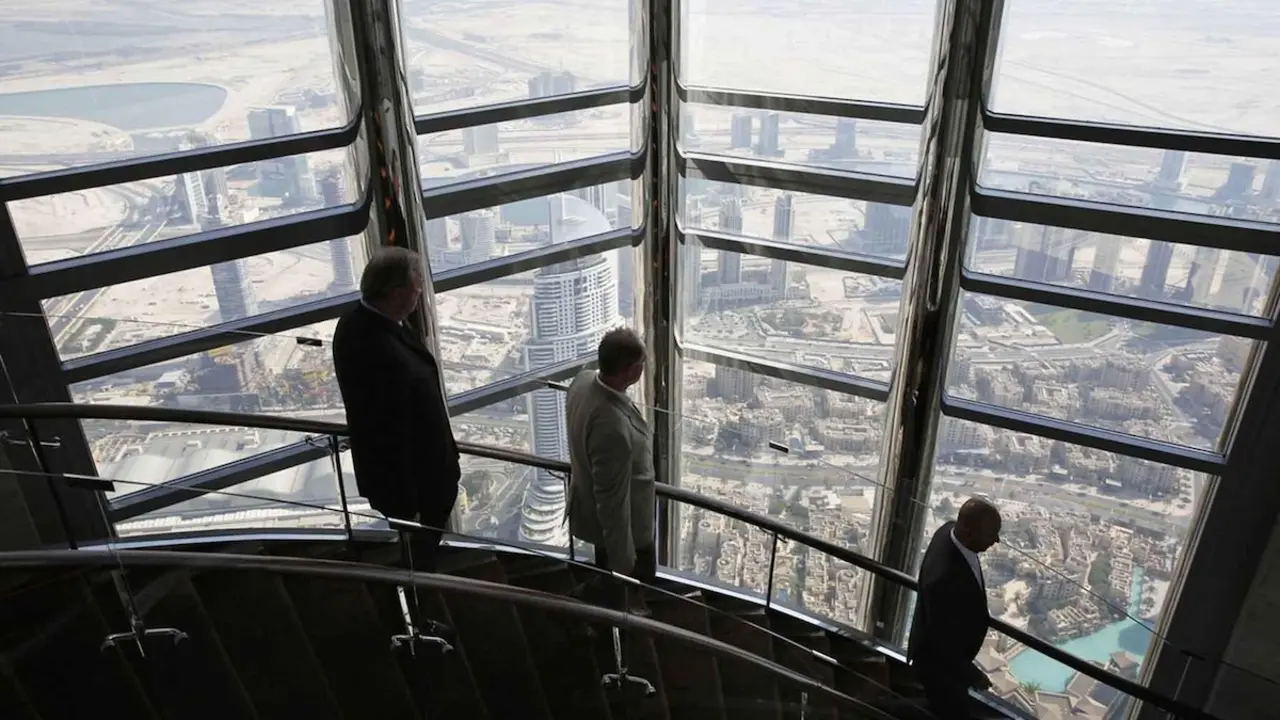Global conference raises 7.4 billion euros against coronavirus

The international conference of donors organized on Monday by the European Union for the development of new diagnostic methods, treatments and a universal vaccine against the coronavirus, in which the United States did not participate, was able to raise 7.4 billion euros against the pandemic. The amount achieved was close to the expected target of 7.5 billion euros (8 billion dollars), of which around 53% will be spent on future vaccines, 26% on research into new medicines and 20% on developing tests.
We will have to learn to live with the virus until we can develop a vaccine and make sure that treatments reach "all corners of the world," said European Commission President Ursula von der Leyen, who announced a 1.4 billion contribution from the EU executive. Japan contributed 760 million euros, Germany 525 million, France 500, Italy 150, Spain 125 and Portugal 10, while Israel allocated 60 million euros, the Bill & Melinda Gates Foundation 91, and Kuwait as many, among other contributions.
European sources explained before the meeting that the aim of the conference was to create a partnership for a period of 2 years, subject to review, to share scientific data and knowledge, but not to generate new institutions or international organizations. Donors are not required to waive intellectual property rights, but in Brussels they are expected to opt for that option to ensure universal access to medical solutions.

The conference consisted of a succession of small videos or telematic connections with around 60 heads of state and government, as well as leaders of institutions, international agencies or foundations, in which the absence of the United States and the discreet participation of China, only through its ambassador in Brussels, was highlighted, and no specific contribution to the fund was announced. "None of us will be safe until all of us are safe," summarized U.N. Secretary-General António Guterres, who said the initial $7.5 billion will be used to boost needed medical development, but warned that to reach the entire planet " it will require five times that amount".
French President Emmanuel Macron celebrated that the vaccine will be "a global public good (...) that will belong to no one, but to all of us", which does not mean giving up on remuneration, while UK Prime Minister Boris Johnson, who was admitted for coronavirus, stressed that "no pharmaceutical company will be able to do this alone". "The human is not invincible, he is vulnerable (...). United we are much stronger against the virus," said Spain's Prime Minister Pedro Sanchez in his speech, while Canada's Prime Minister Justin Trudeau declared, "We cannot return to complete normality until we have a vaccine".
Other participants included South Korea, Norway, Mexico, Finland and the World Bank, as well as officials from developing countries such as King Abdullah II of Jordan, who stressed the importance of reaching "refugees and displaced persons", and South African President Cyril Ramaphosa, who welcomed efforts to assist countries with fragile health systems. The campaign also relies on celebrities to mobilize public opinion, such as Portuguese football coach José Mourinho or American singer Madonna, who will contribute $1 million.

Beyond drugs and better diagnostics as the vaccine arrives, the challenge of that ultimate medical solution is enormous, as the fastest vaccine ever developed took 4 years to get from clinical trials to health clearance in 1967, and never before has a vaccine been created for humans against a coronavirus. But there are elements that leave room for hope, such as the worldwide concentration of resources to disarm Sars-CoV2 and the fact that new technologies exist, such as reverse genetics or messenger ribonucleic acid (mRNA) formulas, which copy the genetic code of the virus and do not require cultivation or fermentation.
It can also help to speed up the parallel and non-linear work of research, without waiting for the results of one phase to start work on the next, despite the increased financial risks. That is why in Brussels they warned already before the conference that the 7.5 billion euros planned is only the beginning of the funding and that "potentially much more will be needed in the coming years".
There are at least 115 vaccine projects underway, most of them privately funded, in addition to other trials for effective treatments and reliable rapid diagnostic tests. Among the initiatives to find the vaccine there are some supposedly more promising ones, such as that of the biotechnology firm CanSino Biologics, in collaboration with the Chinese Army, the American firm Moderna Therapeutics with the mRNA technique or the French pharmaceutical firm Sanofi, based on previous studies against MERSR. Also generating expectation is the vaccine being prepared by the Jenner Institute of the University of Oxford, the British pharmaceutical company GlaxoSmithKline in collaboration with a Chinese biotechnology firm, the German company BioNTech or the American company Johnson & Johnson based on technology developed against Ebola, among others.








